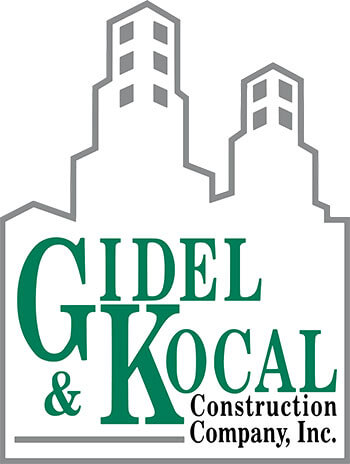
Every construction project, no matter the size or scope, is a joint effort. Multiple teams must come together to make the end result safe, functional, and well-executed. The best way to ensure that all parties are aligned is with Construction Partnering. This proactive management approach encourages collaboration, communication, and effective project delivery across design and construction teams. Gidel & Kocal Construction is well-versed on Construction Partnering, we implement it into all of our builds creating long-term success.
The Basics of Construction Partnering
Establishing a common mindset, level of commitment, process flow, and set of objectives is critical to the success of any construction project, commercial or otherwise. Construction partnering brings together teams from various backgrounds to promote mutual understanding among all parties, thereby minimizing conflicts and disputes while maximizing project efficiency and quality.
This methodology has a longstanding history within the world of construction. Officially established in 1983 by the Construction Industry Institute (CII), the purpose of partnering in construction was to provide U.S. construction companies with a competitive edge within the global market.
Although the initial stages of Construction Partnering occur in tandem with the start of a construction project (typically after the bid phase), this is an ongoing endeavor that remains relevant throughout all parts of the project’s life cycle as new teams, members, and ideas are added into the fold.
What Does the Construction Partnering Process Look Like?
Generally speaking, Construction Partnering can be broken up into three stages. Keep in mind, however, that this is an ongoing initiative. Stage 2 will likely repeat itself until the official closeout during stage 3.
Stage 1: Design
At the very beginning of a construction project, the entire team (including all separate entities) come together to establish the scope, schedule, budget, quality expectations, and safety details. This pre-construction component is often considered just as important as the actual build itself.
Stage 2: Construction
Throughout the ongoing construction project, follow-up construction partnerships will occur as needed. It is during these meetings that the entire team comes together to discuss progress and identifies issues, challenges, and potential solutions. These meetings foster open communication and allow for early identification and resolution of conflicts. The partnering process encourages continuous improvement by collecting feedback from the group and using it to refine processes, enhance teamwork, and optimize project performance.
Stage 3: Closeout
During the wrap-up stage, all teams will review what went well and discuss areas that could have been improved. This is important information should the individual parties decide to work together in the future. The “lessons learned” aspect is often just as important as a successful completion, as the relationships built during this component could be what lead owners and general contractors to choose the same subcontractors for future projects.
Benefits of Construction Partnering
From start to finish, it’s easy to see how Construction Partnering is integral to the entire rollout of a construction project. Some of the key benefits of Construction Partnering include:
- Improved Communication: Effective communication between all parties reduces misunderstandings and prevents conflicts.
- Reduced Disputes: The collaborative approach minimizes disputes, saving time and money.
- Enhanced Efficiency: Streamlined processes and cooperation lead to more efficient project execution.
- Higher Quality: Joint efforts to improve processes and share expertise result in higher quality work.
- Timely Problem Solving: Early issue identification and resolution prevent delays and costly rework.
- Increased Stakeholder Satisfaction: A positive working environment contributes to overall stakeholder satisfaction.
Who is Construction Partnering for?
Some people wonder if Construction Partnering is necessary for their needs, but the truth is that this approach can be beneficial for anyone involved in a construction project. Commercial offices, life sciences buildings, industrial projects, retail buildings, and so many other types of construction projects will find value from construction partnering. Everyone needs to be in agreement in order for cohesive construction to proceed in the most efficient manner.
If you are interested in working with a general contractor that employs Construction Partnering into our processes, Gidel & Kocal is the place to turn. For additional information, we encourage you to contact us today!
